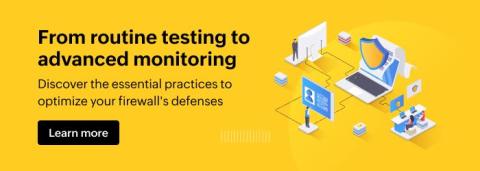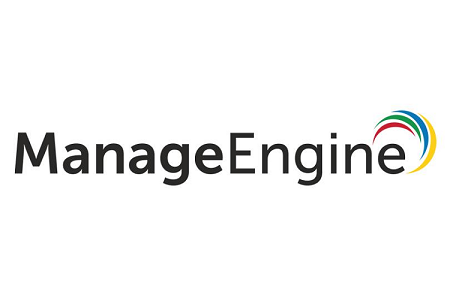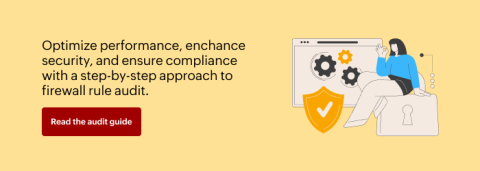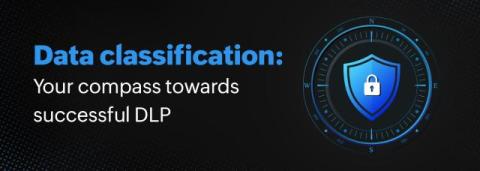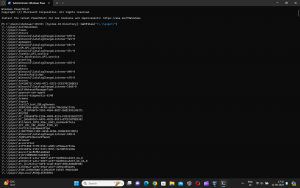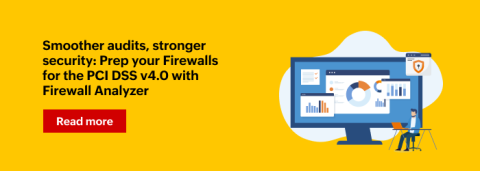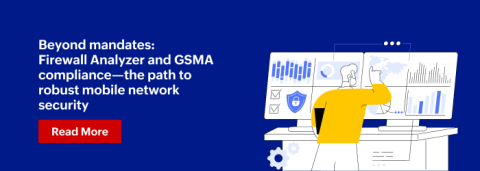7 firewall management best practices in 2024
Firewalls act as the first line of defense, filtering network traffic and blocking malicious activities to safeguard sensitive data and systems. However, setting up a firewall is just the beginning. To ensure it provides optimal protection, it’s essential to implement certain practices for ongoing management. Firewall management involves a series of critical processes to ensure that the firewall operates effectively and provides comprehensive protection against cyberthreats.


